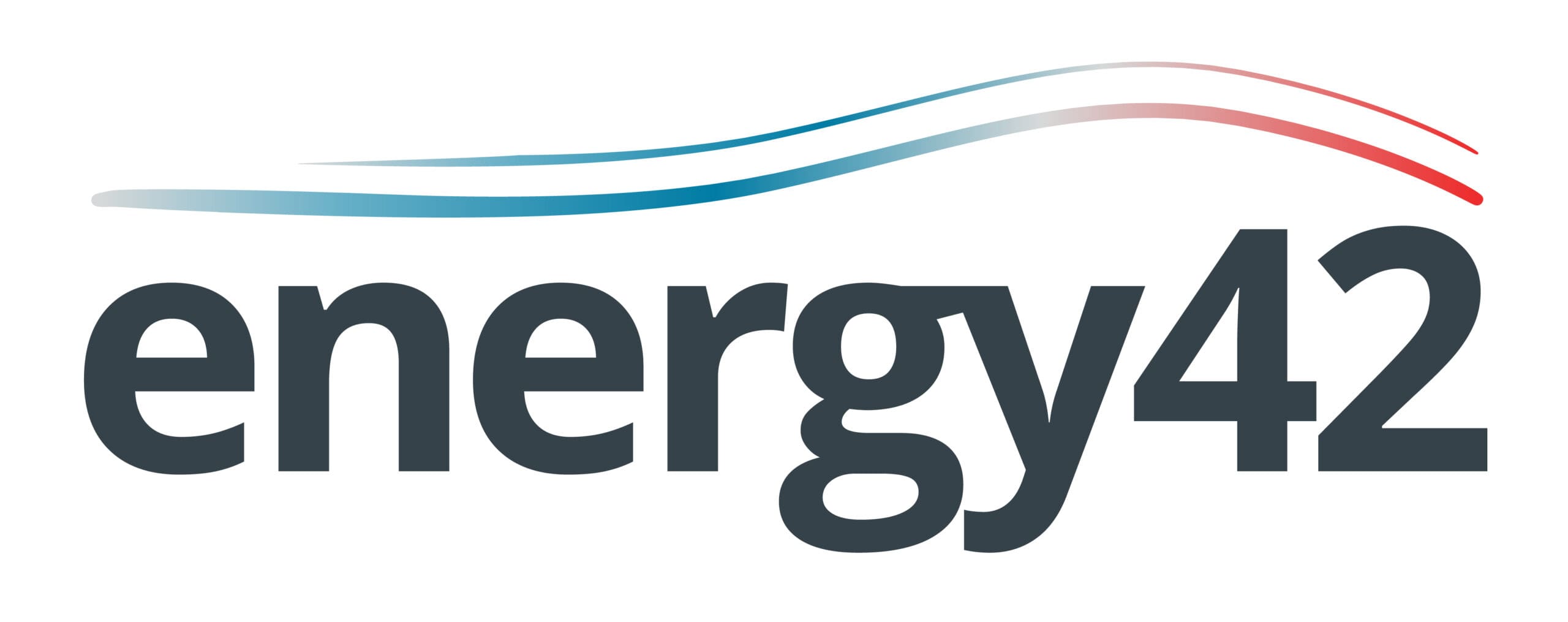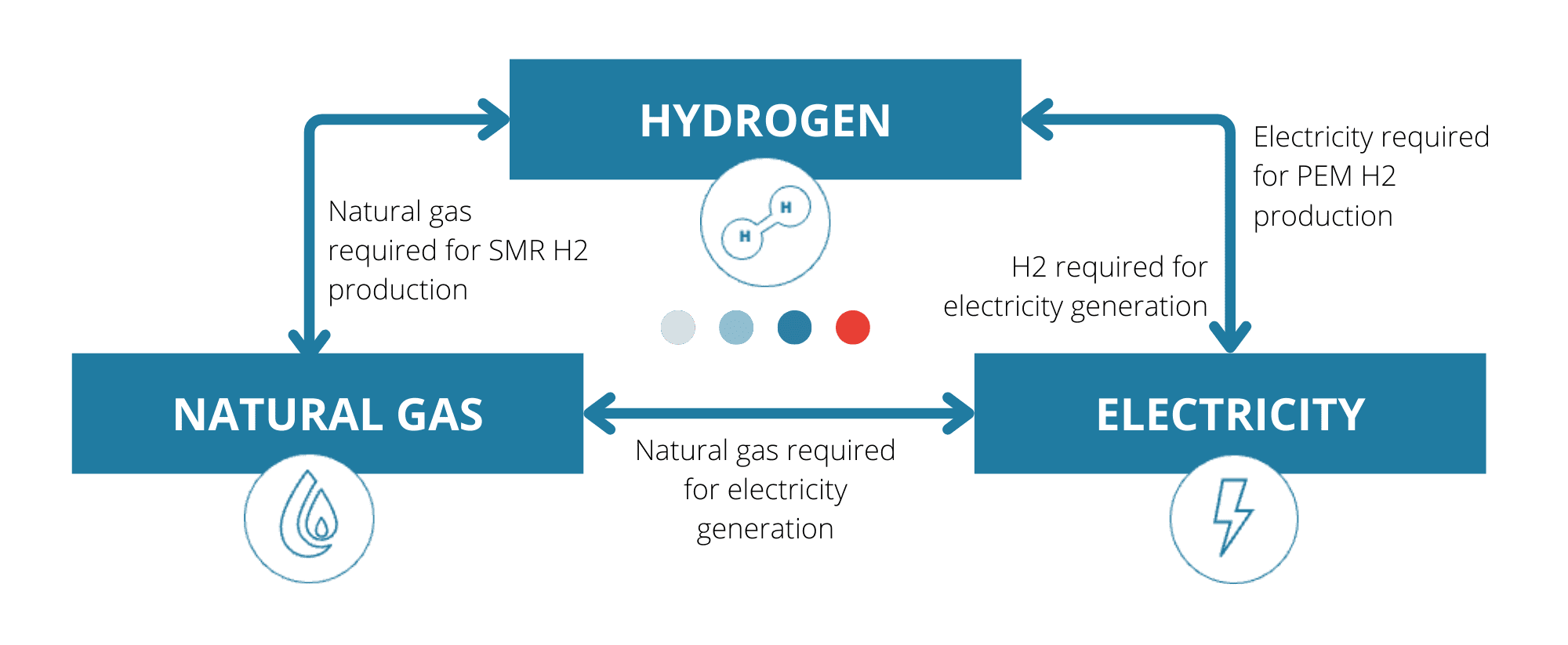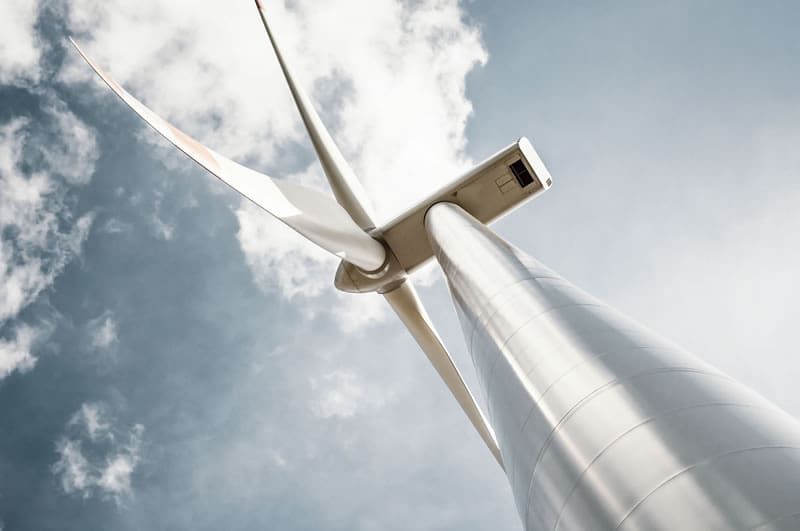- Home
- Industry
- Expertise
- Behavioural Economics
- Benchmarking & Productivity
- Competition Economics
- Cost Benefit Analysis
- Customer Engagement & Stakeholder Facilitation
- Data Analytics
- Dispute & Litigation Support
- Economic Models
- Economic Regulation
- Environmental Economics
- Environmental, Social & Governance - ESG
- Financial & Commercial Advisory
- Public Policy Advisory
- Urban Economics
- Insights
- People
- Careers
- About Us
- Contact
close









